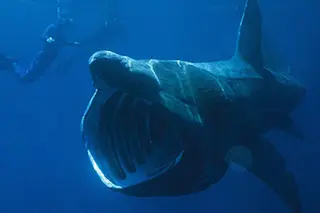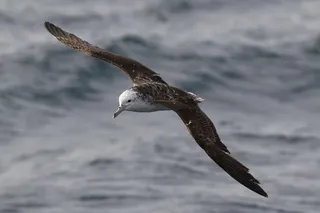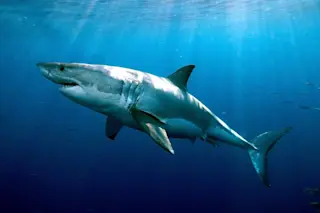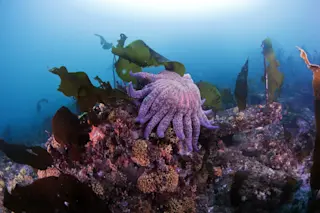Birds and vacationing humans aren't the only animals to migrate south for the cold months of winter. It turns out that basking sharks do, too. They are the ocean's second largest fish, and live in temperate waters from late spring until early fall. But then they disappear, and until now scientists have only been able to guess where they go--some have even suggested that the sharks hibernate on the ocean floor. To find the real answer, the team tagged 25 basking sharks off the coast of Cape Cod and tracked them as they made their wintertime trip. The researchers found that the sharks headed south [to the Caribbean], some going as far as Brazil [Science News]. The basking shark is a benign behemoth. It swims at about three miles per hour with its four-foot-wide mouth gaping open, filtering through almost 500,000 gallons of water every hour for its plankton sustenance ...
Rare Discovery About Mysterious, Giant-Mouthed Shark: Where It Winters
Discover the fascinating journey of basking sharks migration as they travel south to warmer waters for the winter.
More on Discover
Stay Curious
SubscribeTo The Magazine
Save up to 40% off the cover price when you subscribe to Discover magazine.
Subscribe













